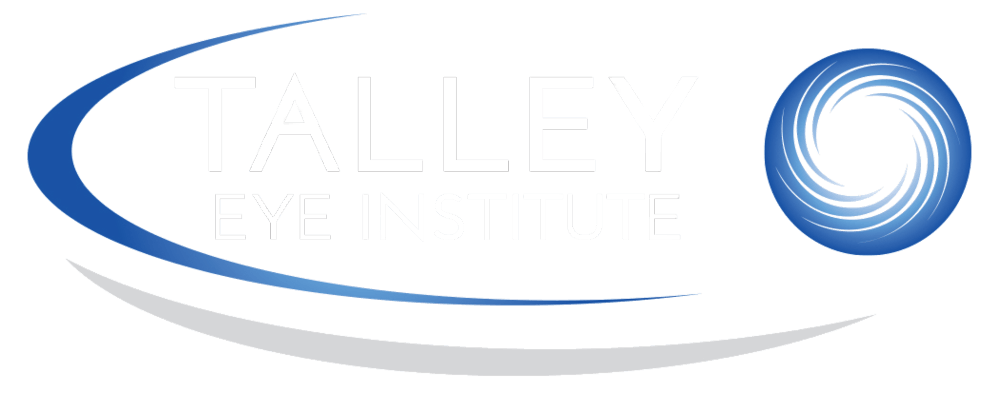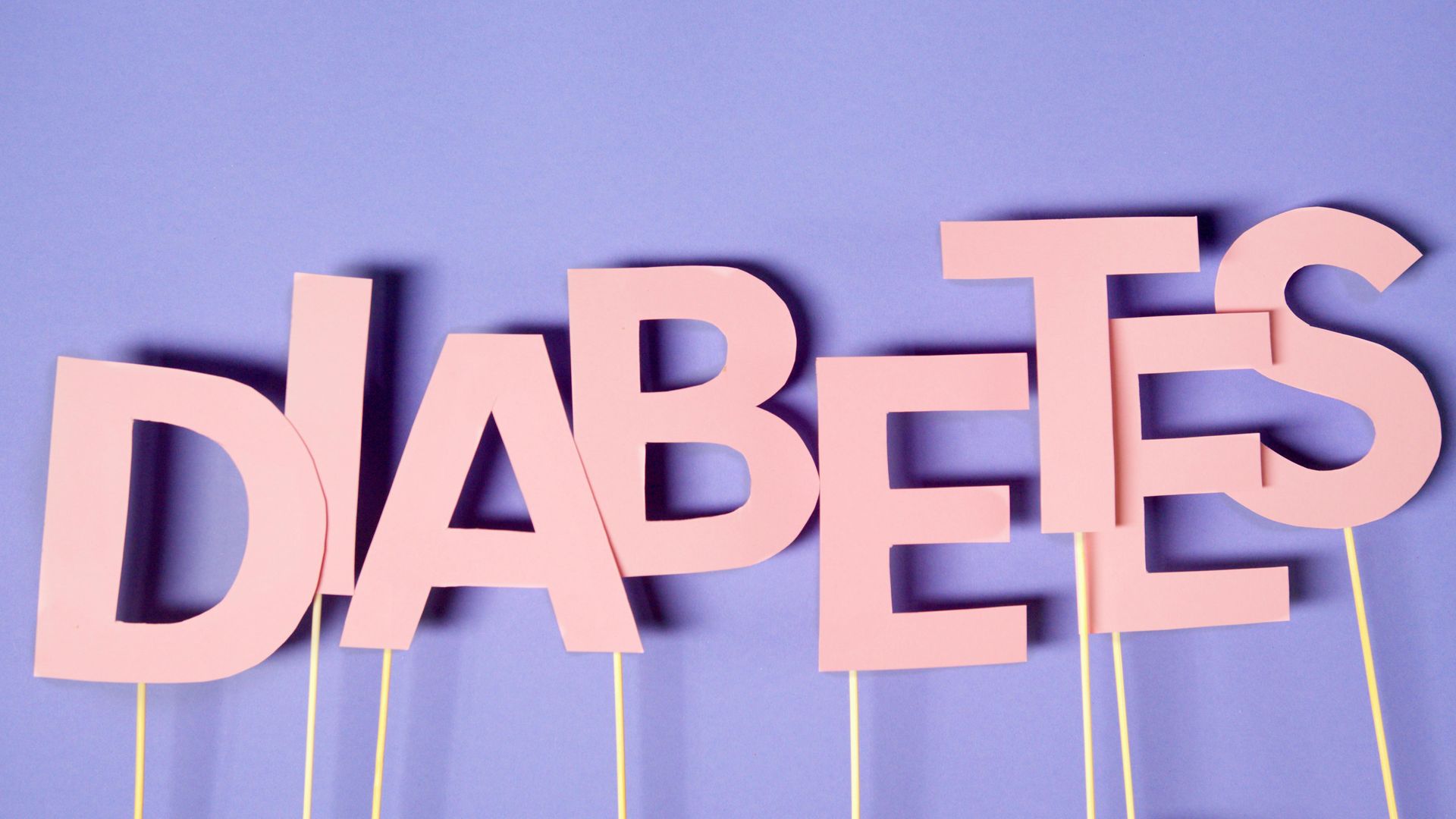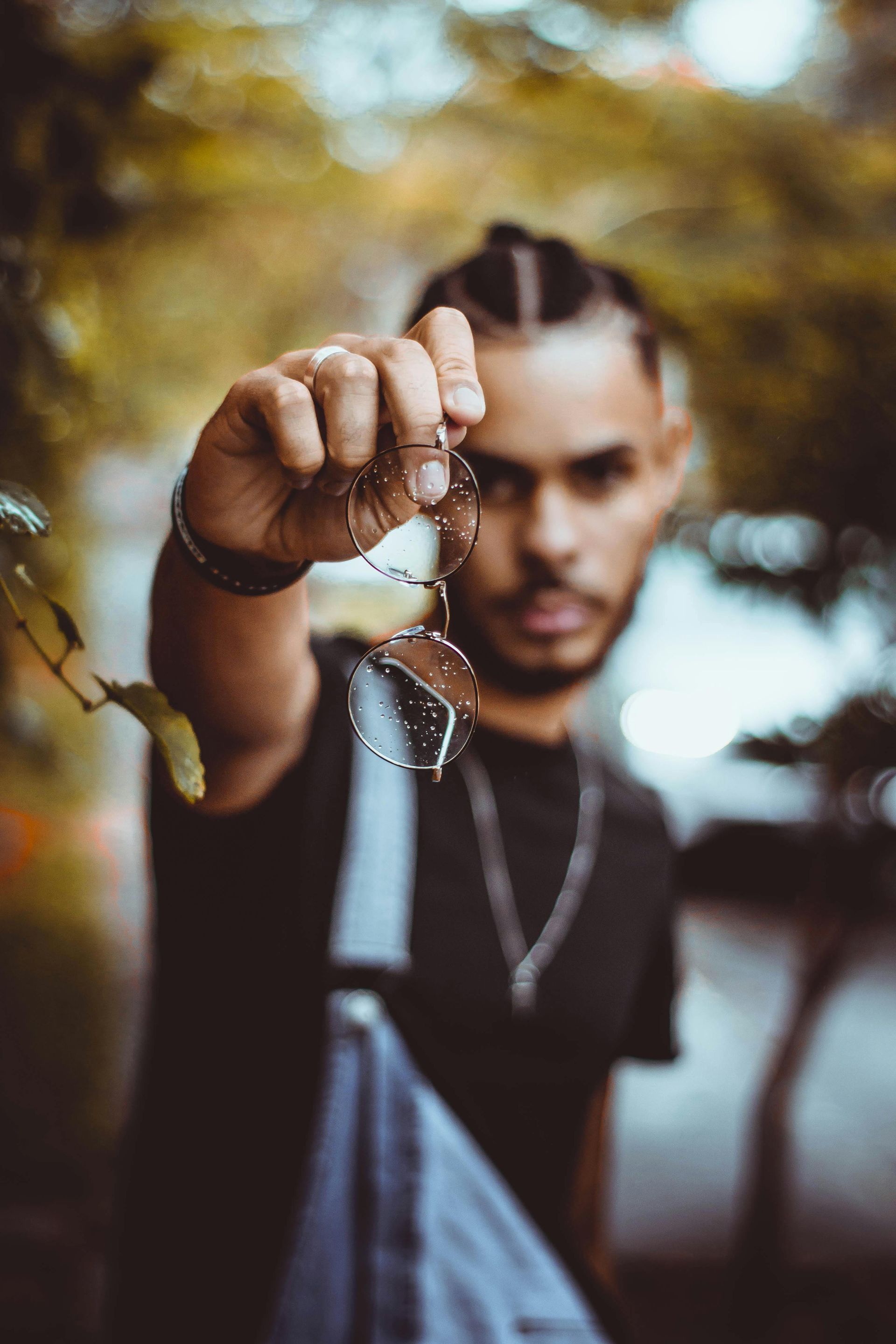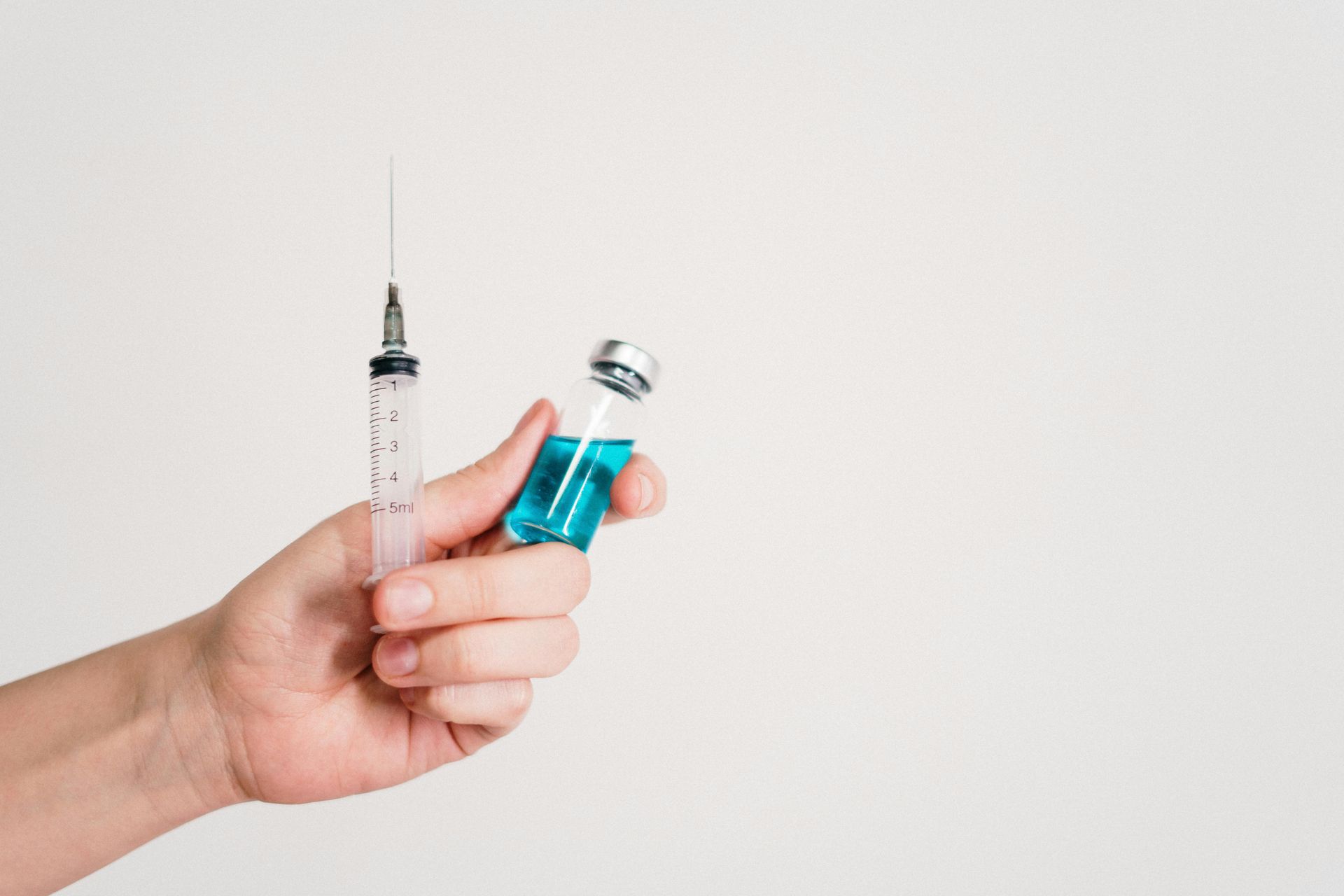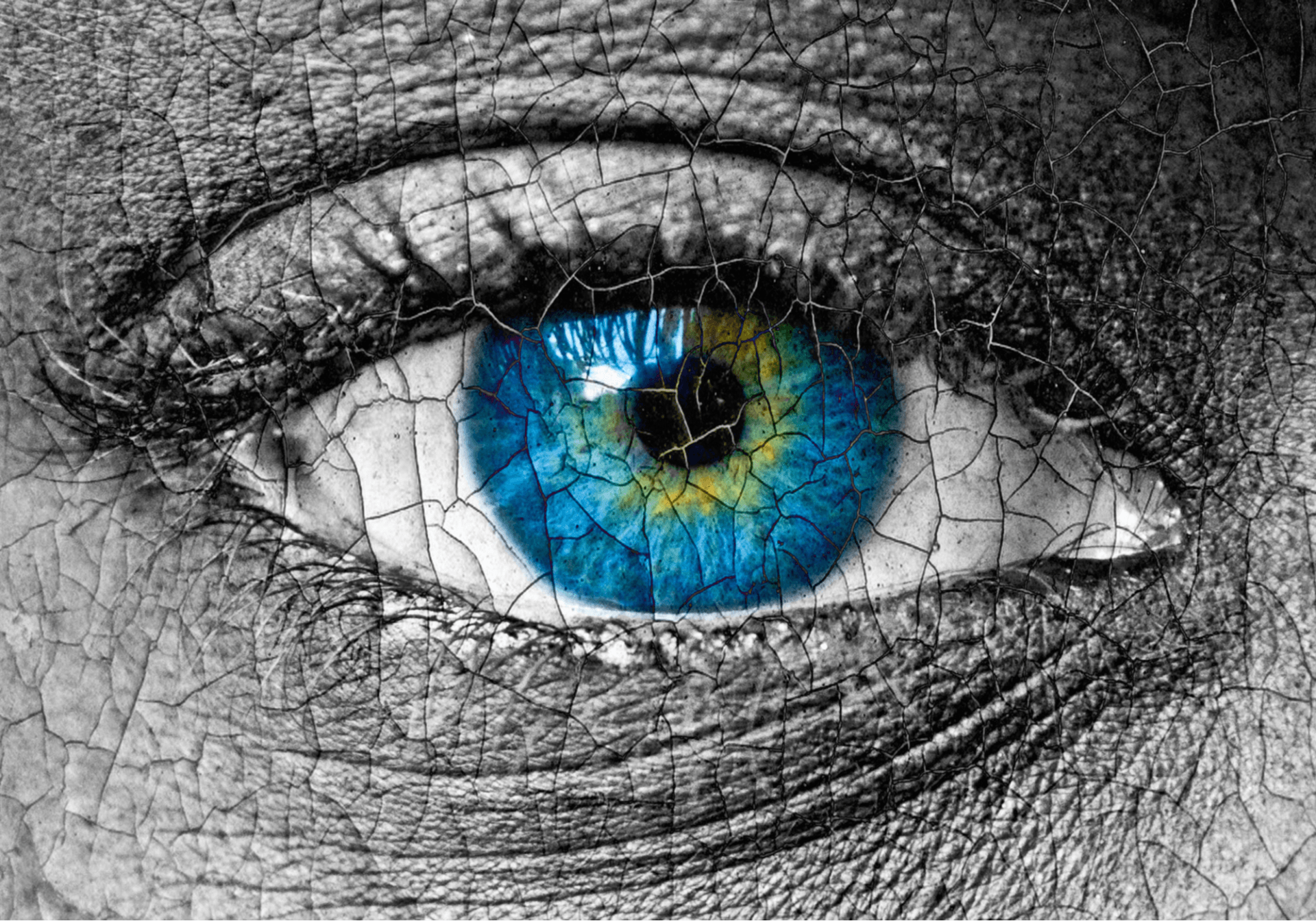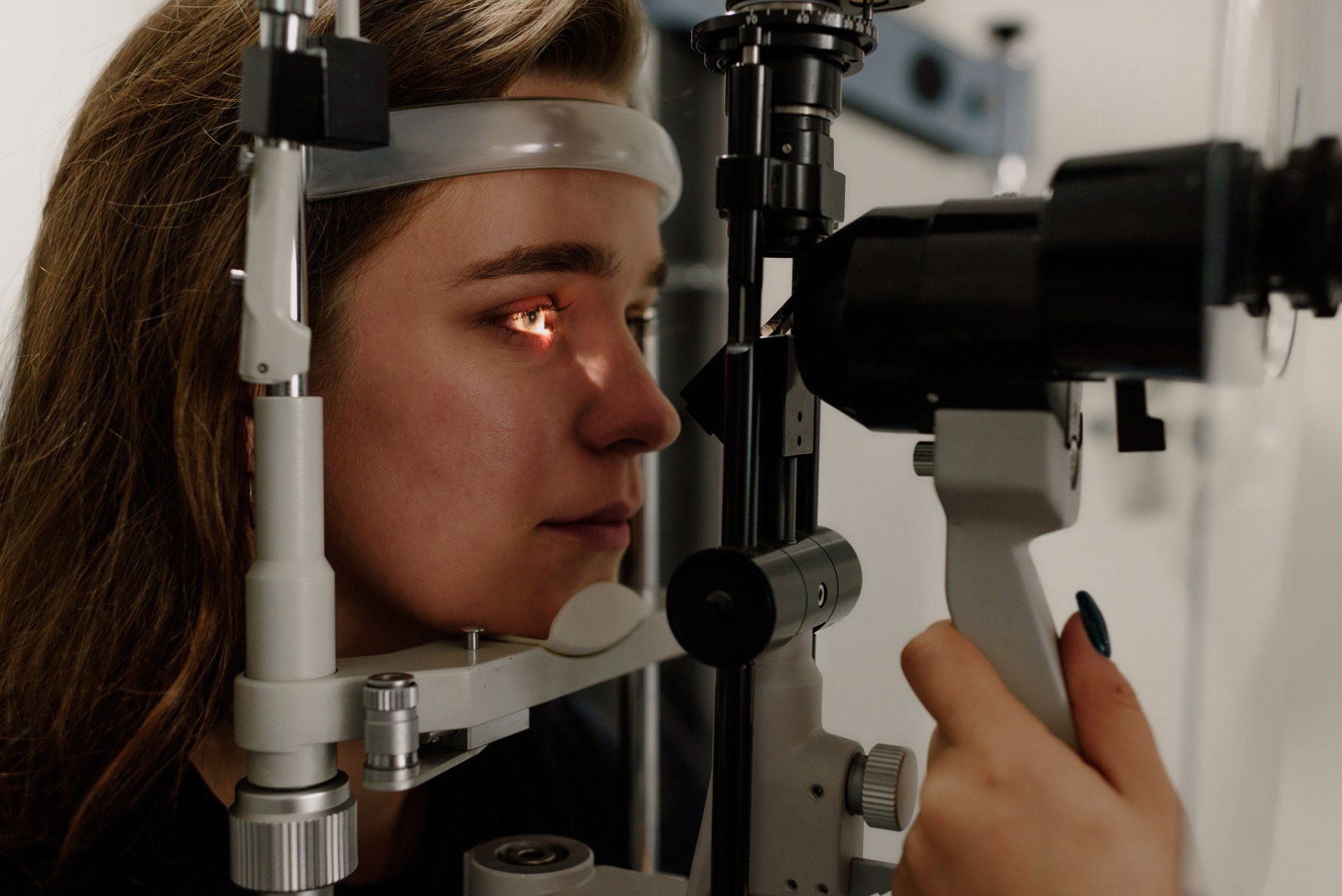There may be some unexpected risks lurking in and around your home

October is Home Eye Safety Month. For most, there are only certain tasks that would remind us to use eye protection. However, there are many hazards that lurk in and around your home that could be putting your eyes at risk. In this blog we’ll evaluate some potential dangers and how to avoid them.
Acanthamoeba
Acanthamoeba, according to the CDC, is a microscopic amoeba (single-celled living organism) that can cause rare, but severe infections of the eye, skin, and central nervous system. Acanthamoeba is found in water and soil and can be spread through contact lens use, cuts, skin wounds, or inhaled.
Potential Sources
As corneal specialists, we have seen patients infected with acanthamoeba who have come into contact with the microorganism through various common activities. For instance, dirty/stagnant water, cleaning sidewalks or siding using hoses, power washers, or anything that could cause spray, debris, or splash-back. Well water that is untreated can also be a source of the amoeba as is mud, dirt, natural bodies or water, and even pool/spa water.
How to Avoid
When planning to do any exterior cleaning, it is recommended to always wear eye protection that could block splash, mist, or debris. In addition, it’s best to always remove contact lenses (with clean hands!) and clean them thoroughly after doing any such task. Never, ever, store contact lenses in well water, tap water, or old saline solution. If you’re able, it is always best to avoid contact lens wear if swimming (especially in lakes or rivers) or in a spa.
Common Household Chemicals
Potential Sources
Most cleaning solutions used in and around the home come with clearly stated warnings regarding potential dangers if ingested or if introduced into the eyes. While it may be easy enough to avoid spraying something directly into your eyes, it’s best to try to avoid any potential for splash when it comes to dumping dirty water or chemicals; whether that’s while discarding them or even while introducing chemicals into a solution, pool, etc.
How to Avoid
You’ll find us saying this often throughout this blog post, but eye protection! When doing a large or particularly dirty/dangerous job or one that could pose risk for splash, put on a pair of goggles or safety glasses. If you ever come into contact with a chemical introduced into the eye, follow the directions listed on the manufacturer’s label or rinse the eye thoroughly with clean water. In addition, it’s best to avoid being in closed spaces with potential eye irritants, be sure your space is well ventilated.
Yard work
Lawn and yard work is typically where most people would commonly use eye protection, but it’s worth mentioning again. The force at which a rock or piece of debris could be expelled from a lawnmower or weed eater is enough to cause serious damage to your eye. In addition, when doing any trimming of trees, shrubs, etc, there is the danger of a branch or piece of debris coming into direct contact with your eye.
How to Avoid
Once again, a good pair or safety goggles (even tinted would be great!) or wrap-around sunglasses are great options to keep your eyes safe while doing the weekly yard work and maintenance. Again, be sure to wash hands before touching your eyes or removing contact lenses after doing any sort of yard work.
Hair Tools & Makeup
Potential Sources
This one may seem odd to mention, but there’s a reason we feel it’s important since we’ve seen some accidents that could have been preventable! Injuries from tools/products can result in burns, lacerations, abrasions, or infections.
How to Avoid
It’s task enough to style your own hair in the mirror but be extra cautious about how close hot or sharp styling tools come to your face and eyes. Also, be sure to throw out expired or old eye makeup products as this can breed and harbor bacteria and even mites!
Power Tools
This may also go without saying, but still worth saying nonetheless. When using any kind of tool, and especially power tools, always use eye protection. Whether it’s welding, sawing, drilling or even jobs as minor as using a wrench, pliers, or screwdriver, always use well-fitted safety glasses or goggles. Accidents are called accidents for a reason, and an ounce of prevention is worth a pound of cure!
